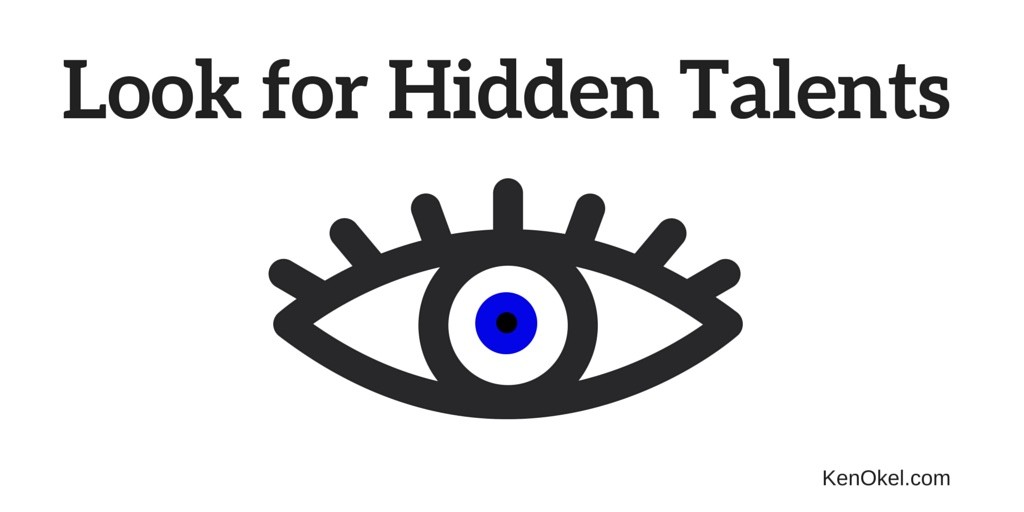
Have you ever hired an outsider to do a task, only to discover later that an existing member of your organization could have done the same work and possibly done it better? This is a productivity challenge for busy leaders who have not invested the time to inventory their team?s talents.
Consider this story about how we can use limiting beliefs to ignore someone’s abilities:
One morning, I noticed that my car had a flat tire. Rather than change it myself, I called AAA.
While waiting for the roadside assistance, I decided pull the tire out of my trunk. I figured I should also pull out the jack.
The jack was typical of what you find in many cars. It came in several pieces that had to be put together, just the right way, in order to work. I knew from past experience that getting the pieces to work together could be a challenge, much like trying to start a fire with two sticks.
When the AAA truck arrived, I greeted the guy and told him that I had already pulled out the car’s jack.
He smiled and said, “Thanks but I’ve got it covered.”
He then reached into his truck and pulled out a professional grade jack. With it, he had the deflated side of my car, up in the air, in less than 10 seconds.
It was then that I realized that I had made an assumption about his expertise. Without knowing much about his job, I had assumed that all car jacks were equal. He had the right tool and the knowledge of how to use it.
In this situation, I needed to let go of my old way of thinking.
In your workplace, you may have hired someone and not realized that person’s skill set has likely continued to evolve?
For instance, a communications expert brought on more than ten years ago did not know much about YouTube and other social media sites. That was true, then, as most of those sites barely existed, if not at all.
However, that person has likely been working to improve his or her social media skills, even if they haven?t been required in the workplace. Doesn?t it make sense to use a current employee’s skills in this area, rather than hire an outside agency to perform the task?
But you can’t take this step, unless you know what talent or skills you have under your roof. You’ll never find the treasure if you keep following a map that is based on outdated information.
Why not use annual review sessions as an opportunity to discuss employee skills and talents and see if your team members might be able to make new contributions.
This should not be an excuse to have people do more work for the same amount of money. That’s a narrow vision that frequently results in a drop in productivity.
Hidden talents cost you money. Why not take the time to discover what’s in your organization?






